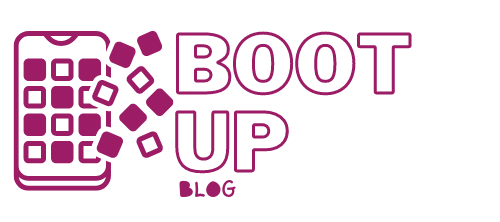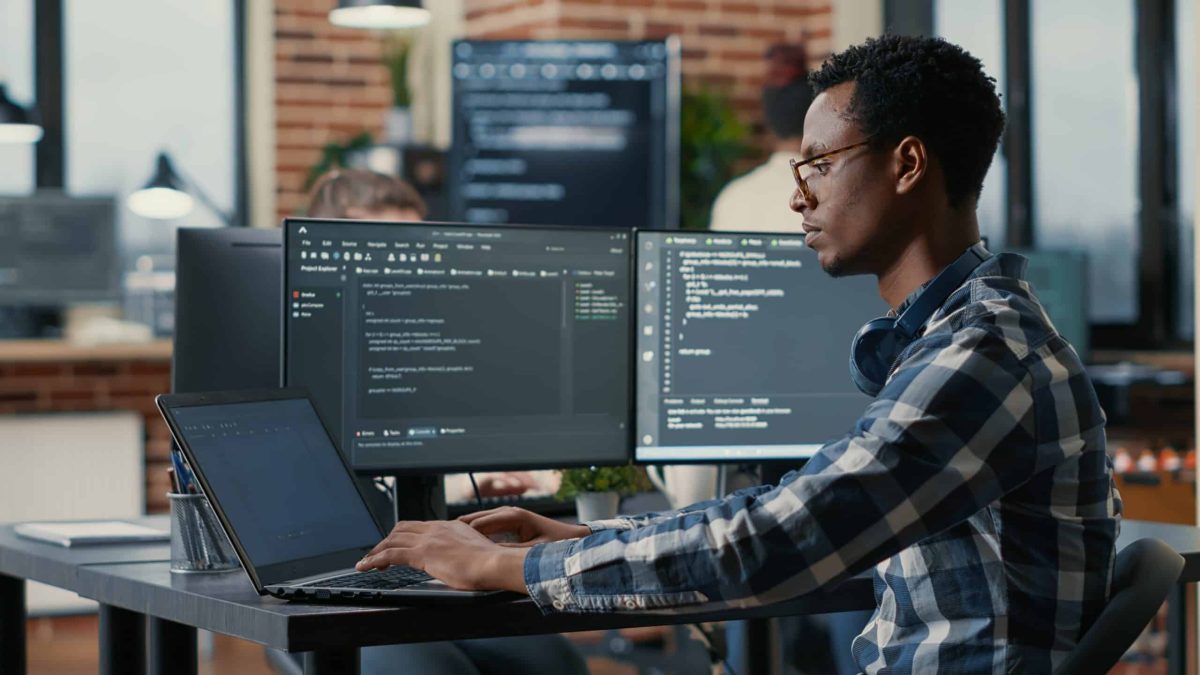In today’s technology-driven world, computer programmers are the architects of the digital age. They play a crucial role in designing, developing, and maintaining software systems that power everything from smartphones to complex financial algorithms. But what separates a great computer programmer from the rest? In this blog, we’ll explore the essential qualities, skills, and attributes that make a programmer truly exceptional.
Passion for Learning
Great programmers possess an insatiable curiosity and a passion for learning. They understand that the field of technology evolves rapidly, and to stay relevant, they must continuously update their knowledge and skills. They enjoy the process of problem-solving and view each challenge as an opportunity to expand their expertise.
Strong Problem-Solving Skills
At its core, programming is about solving problems—often complex ones. Great programmers excel in breaking down intricate issues into manageable components. They possess the ability to analyze problems critically, identify the root causes, and formulate creative solutions. They are persistent, patient, and unwavering in their pursuit of elegant solutions.
Attention to Detail
Programming demands a high degree of precision. A missing semicolon, a misplaced parenthesis, or a small typo can lead to frustrating bugs and errors. Great programmers pay meticulous attention to detail, carefully reviewing their code to ensure it’s error-free and optimized for performance.
Proficiency in Multiple Languages
While expertise in a specific programming language is valuable, great programmers are not limited to just one. They have a versatile skill set and are comfortable working with multiple languages and frameworks. This adaptability allows them to choose the right tool for the job and tackle a wide range of projects effectively.
Strong Algorithmic Thinking
Computer programming often involves creating algorithms to solve problems efficiently. Great programmers have a deep understanding of algorithmic principles and can devise algorithms that optimize performance, reduce time complexity, and minimize resource usage. They can choose the most appropriate data structures and algorithms for a given task.

Effective Communication
Programming is rarely a solitary endeavor. Great programmers can communicate their ideas, thoughts, and code effectively to both technical and non-technical team members. They can explain complex concepts in a clear and concise manner, fostering collaboration and understanding among team members.
Adaptability
Technology is in a constant state of flux. Great programmers embrace change and are adaptable. They are quick to learn new tools and technologies, and they don’t cling to outdated practices. They are comfortable stepping outside their comfort zones to explore emerging trends and innovations.
Strong Debugging Skills
Bugs are an inevitable part of programming, and great programmers are skilled at tracking them down. They use debugging tools, logs, and their problem-solving abilities to identify the source of issues and rectify them efficiently. They approach debugging as a puzzle to solve rather than a frustrating roadblock.
Code Efficiency and Optimization
Great programmers understand that writing code is not just about getting it to work; it’s about getting it to work efficiently. They optimize their code for performance, minimize resource usage, and strive for elegant, readable code. They follow best practices and coding standards to ensure their work is maintainable and scalable.
Strong Work Ethic
Programming can be challenging and time-consuming. Great programmers are known for their strong work ethic. They are disciplined, reliable, and dedicated to their craft. They don’t shy away from long hours or challenging tasks when necessary to meet project deadlines.

Collaboration and Teamwork
While programming often involves individual tasks, it’s also a highly collaborative field. Great programmers are team players who can work seamlessly with designers, testers, project managers, and other stakeholders. They understand the value of different perspectives and are open to feedback and constructive criticism.
Problem Domain Knowledge
Great programmers don’t just write code; they understand the problem domain they are working in. Whether it’s healthcare, finance, gaming, or any other industry, they take the time to learn about the specific challenges and requirements of that domain. This knowledge helps them create more effective and relevant solutions.
Strong Code Documentation
Well-documented code is crucial for maintainability and collaboration. Great programmers provide clear and comprehensive documentation for their code, making it easier for others to understand and build upon their work. They also write meaningful comments and use self-descriptive variable and function names.
Continuous Improvement
Great programmers have a growth mindset. They view each project as an opportunity to improve their skills and knowledge. They actively seek feedback, participate in coding communities, attend conferences, and read programming books and blogs to stay at the forefront of their field.
Conclusion
Becoming a great computer programmer is a journey that requires dedication, passion, and a commitment to continuous learning and improvement. While technical skills are essential, the qualities that truly set great programmers apart are their problem-solving abilities, attention to detail, adaptability, and strong work ethic. Whether you’re an aspiring programmer or a seasoned pro, embodying these qualities can help you reach new heights in your programming career and contribute to the ever-evolving world of technology.

